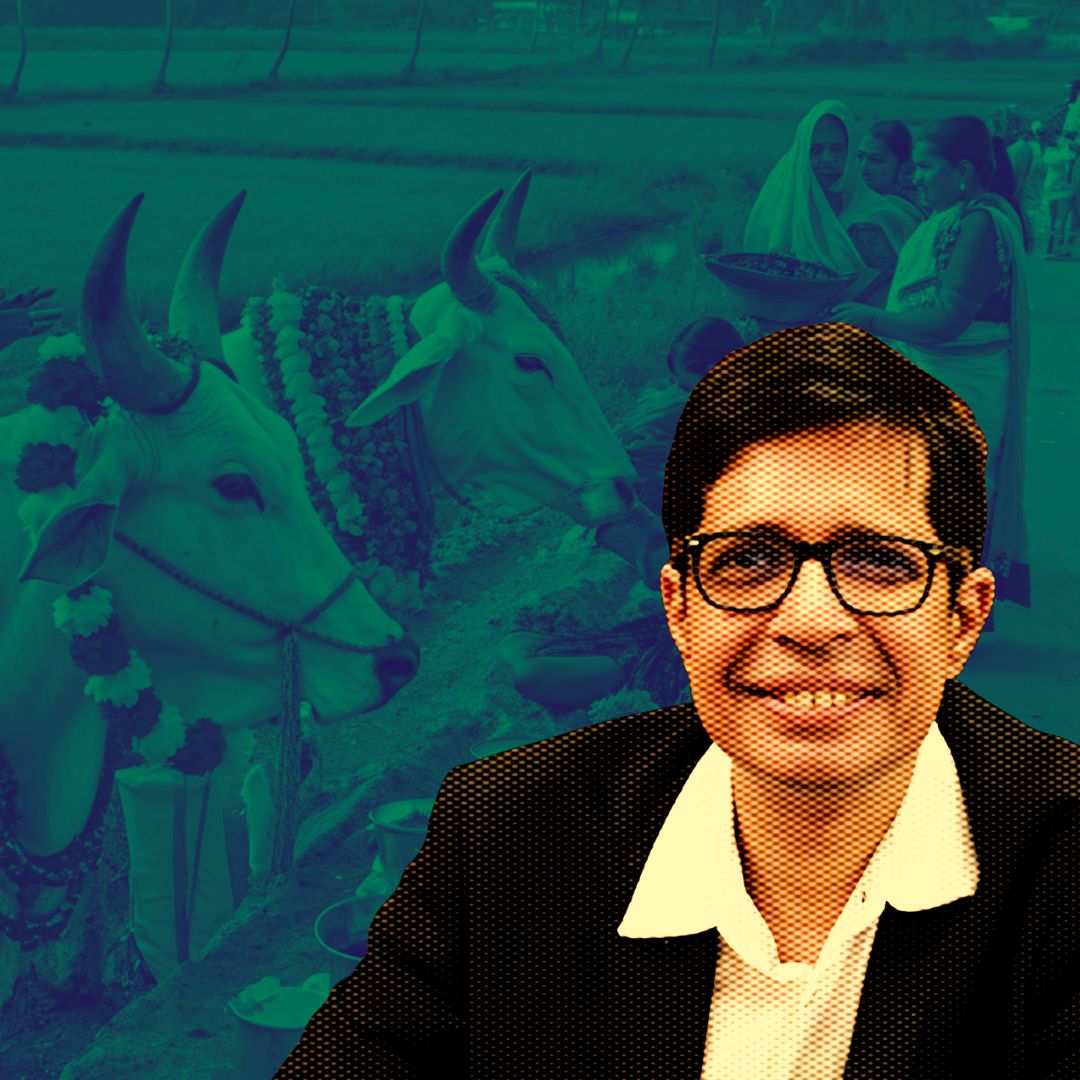IIT Madras Director V Kamakoti has sparked controversy after a video of him praising the “medicinal value” of cow urine went viral. Speaking at a Go Samrakshana Sala event on January 15, 2025, during Maatu Pongal, he claimed that cow urine has anti-bacterial, anti-fungal, and digestive properties.
He also narrated an anecdote about its use in treating high fever. His remarks have drawn sharp criticism from political leaders and rationalist groups, who accused him of promoting pseudoscience and demanded his resignation or transfer.
Remarks at Goshala Event Ignite Debate
During the event, Kamakoti emphasised the importance of protecting indigenous cattle breeds and switching to organic farming. He claimed that cow urine could be used to treat conditions like Irritable Bowel Syndrome and shared a story about a sanyasi recovering from fever after consuming it.
Sources close to Kamakoti stated that his remarks were made in the context of promoting sustainable farming practices. However, critics have questioned the scientific validity of his claims, with some pointing to studies suggesting that cow urine contains harmful bacteria.
Political Backlash and Public Outcry
The comments have drawn widespread criticism from political leaders and rationalist groups. DMK leader T.K.S. Elangovan accused Kamakoti of lacking scientific temper and demanded his transfer to a medical institution instead of an engineering institute. Congress MP Karti Chidambaram called the remarks “unbecoming” of an IIT director and criticised him for “peddling pseudoscience.”
Rationalist group Dravidar Kazhagam described the statements as “shameful,” citing research that contradicts claims about cow urine’s medicinal properties. K. Ramakrishnan of Thanthai Periyar Dravidar Kazhagam demanded evidence or an apology from Kamakoti, threatening protests otherwise.
Supporters Highlight Cultural Context
Amidst the backlash, some supporters have defended Kamakoti, arguing that traditional practices should not be dismissed outright. BJP Tamil Nadu president K Annamalai stated that Kamakoti’s remarks were personal opinions rather than official statements from IIT Madras.
Advocates for organic farming highlighted the broader context of his speech, which focused on sustainable agriculture and environmental preservation. Kamakoti is known for his work on regenerative agriculture initiatives at IIT Madras, including projects like Goshala automation and biogas production.
Scientific Evidence and Expert Opinions
While cow urine has been traditionally revered in Indian culture for its supposed health benefits and is often used in Ayurvedic practices, these claims remain controversial within the scientific community.
Experts point to studies that highlight both potential risks and benefits. For example, research has shown that cow urine may have certain antimicrobial properties; however, other studies caution against its use due to harmful bacteria and toxins.
Dr. P. Venkatraman, a microbiologist, commented: “While there is anecdotal evidence supporting the use of cow urine in traditional medicine, we need rigorous scientific studies to validate these claims before promoting them widely.”
Historical and Cultural Context
Cow urine has been part of traditional Indian practices for centuries, often associated with Ayurveda and spiritual rituals. However, the scientific community’s divided stance on its medicinal properties reflects larger tensions between traditional knowledge systems and modern evidence-based practices.
This debate highlights the need for critical evaluation while respecting cultural heritage.












